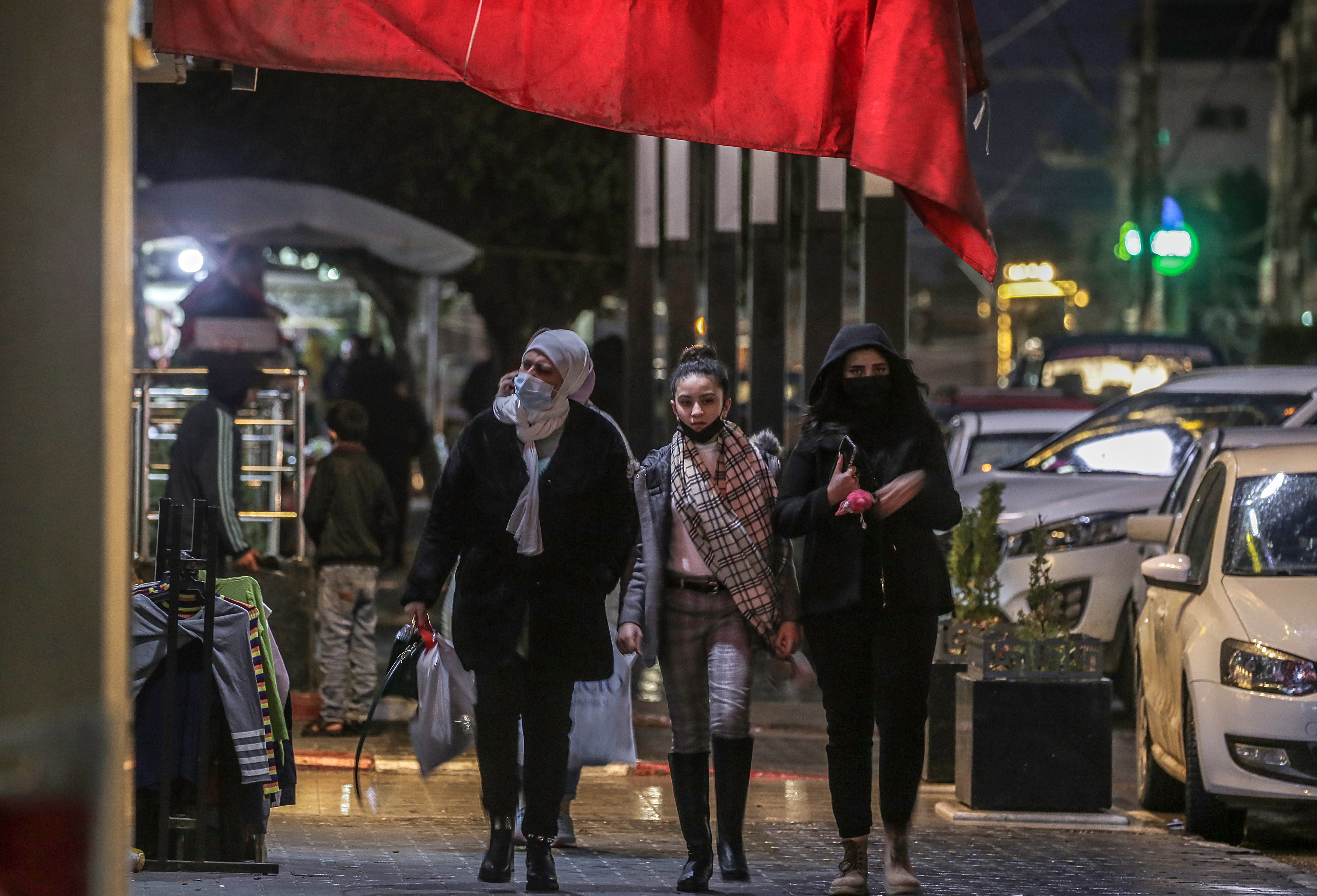The pandemic is being used to normalise government surveillance – Palestinians already know how dangerous this is
These tools can be used to suppress citizens, as well as monitor and harass human rights defenders, journalists, and political opponents, writes Mona Shtaya


Many governments around the world have been trying in recent years to normalise the use of surveillance technologies, often in the face of public opposition.
However, the Covid-19 pandemic has enabled governments to push such tools under the pretext of public safety and public health.
The world after the pandemic will not remain the same. The normalistion of surveillance technologies has been accelerated by decades, exploiting citizens’ panic. Having convinced people that protecting public health trumps the right to privacy – even framing the latter as a dispensable luxury – it is exceedingly unlikely that governments will roll back legislation passed in the context of fighting a pandemic after it is over.
The surveillance technology industry is developing rapidly on a daily basis, which makes it hard for us to resist. As Palestinians, we have had a unique insight into these disturbing developments. Over the past decade, Israeli authorities and private companies have been producing and testing surveillance technologies on us, technologies which are then sold internationally.
These tools are used to suppress citizens, as well as monitor and harass human rights defenders, journalists, and political opponents. This is not just about violating the right to privacy, but about the violation of the right to freedom of speech and expression.
One example of these types of exports is NSO Group, whose Pegasus spyware is a mobile phone surveillance solution that enables customers to remotely exploit and monitor devices. This Israeli company is well known for selling its surveillance technology to governments around the world and its products have been regularly linked to surveillance abuses targeting activists and journalists, including in Morocco, Saudi Arabia, the United Arab Emirates, and Mexico.
Meanwhile, arms companies are also developing and exporting surveillance technologies under the guise of fighting the pandemic. Missile-manufacturer Rafael, whose armaments have been “battle-tested” on the people of Gaza, is now – through its subsidiary Opgal – also selling thermal imaging cameras for authorities to identify those with a fever in public places. According to the company’s blog, these highly sensitive cameras are the same ones used in missiles.
While the circumstances of the pandemic have diluted the opposition of some to such surveillance technologies, many other civil society groups and activists are campaigning to raise awareness of the dangers.
Read more:
One such – online – gathering of activists, which I am honoured to be involved in organising, will take place at the end of this month. The Palestine Digital Activism Forum (PDAF) is one of the largest such events in the Middle East, with some 3,000 registrations, and more than 80 speakers from around the world.
Significantly, this virtual gathering will allow for those from different countries in the Global South in particular to connect and coordinate.
As various regimes’ efforts to control and censor affects many of us, we can unite our efforts and coordinate our advocacy to make it happen, to stop the spread of surveillance technologies and make people more aware of their dangers.
This is not a question of being against public safety, but rather opposition to a path of more securitisation, militarisation, and government control. We Palestinians know very well the consequences of such technologies, and for us it is dismaying to see Israeli authorities and companies profiting from occupation.
We are thus speaking up about the dangers of such technologies, and extend our solidarity to those around the world resisting their government’s ramping up of surveillance and anti-democratic control.
No matter how oppressive regimes try to whitewash their military surveillance technologies as for the “public good”, or by harnessing them at times to combat phenomena such as a pandemic, these technologies are, at root and in essence, tools of securitisation and suppression, and must be confronted as such.
Mona Shtaya is a digital rights defender working in the Arab world. She is currently the local advocacy manager at 7amleh, the Arab Centre for the Advancement of Social Media
Join our commenting forum
Join thought-provoking conversations, follow other Independent readers and see their replies
Comments